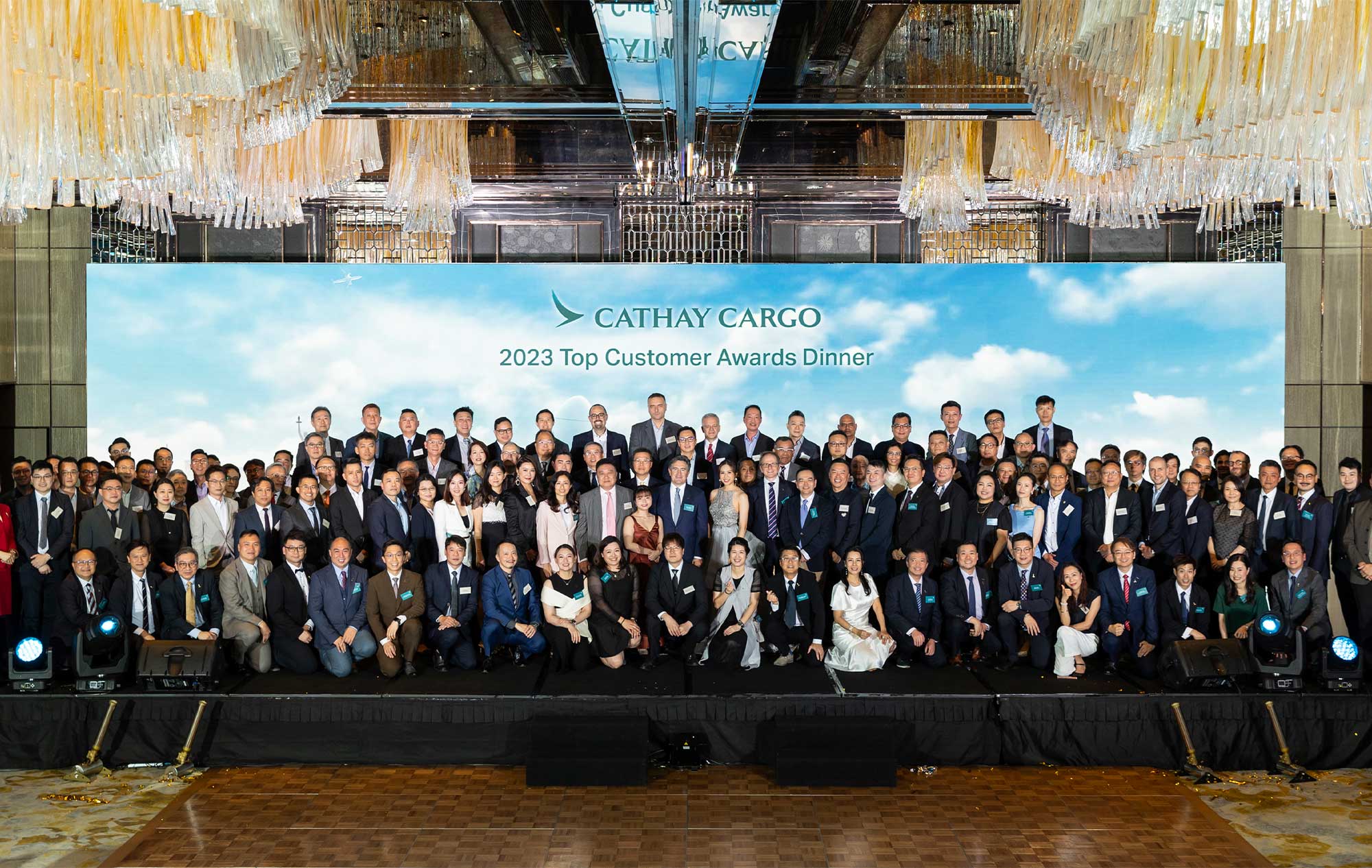Q: When did COVID-19 first begin to affect the industry, and what has been the extent of the impact?
A: It started from around the end of January, when the air cargo industry was stable but seasonally slack because of Chinese New Year. Since the lockdown of various countries and suspension of passenger flights in late February, available cargo capacity reduced dramatically as the belly space in passenger contributes around 40 per cent of air cargo’s capacity. That has consequences. On request by a customer, I approached the Cathay Pacific Cargo team for an ad-hoc price enquiry to Asia. The quote was much higher than the usual price.
Q: Which product categories in the supply chain have been disrupted the most?
A: I would say there’s various and varying levels of disruption because of this chaotic situation from the pandemic. We are all aware of the large quantities of PPE (personal protection equipment) being sent in and out of China. This used to be sent by ocean and shows the impact of the virus.
Q: What have been the challenges for Hong Kong freight forwarders in trying to find capacity?
A: Freight forwarders are the middlemen, and we have to be very flexible and cautious in how we do business. We need to be flexible, which means searching for different options among airlines and trying to find a reasonable price with an acceptable lead time. We also need to be cautious as freight forwarders in terms of managing cash flow because we have to pay the airlines on time – or in advance for charter flights – but also in securing payments from customers, as in this economic uncertainty some trading companies might go bankrupt, for example.
Q: How has this situation changed the way of working between freight forwarders and airlines?
A: In general, the way of cooperation between forwarders and airlines is still the same, except that during this period, some airlines changed their agreed contract prices in order to make more profit. In this aspect, I understand Cathay Pacific has been very courteous and honoured its block space agreement contracts with forwarders.
Q: Besides cargo capacity, what other business challenges are freight forwarders facing amid the pandemic?
A: The freight and logistics industry is being hit hard by the ongoing pandemic, and the global supply chain has been severely interrupted. Around 95 per cent of shipments have been cancelled, put on hold or disrupted, and operators are facing unprecedented threats, and a severely escalated risk of payment defaults and liquidity difficulties.
Q: What lessons can the industry draw from this situation about business preparedness and resilience?
A: There are so still so many challenges ahead of us to come. The lessons to learn might include to expect the unexpected, to keep a strong mindset and to stay healthy.








